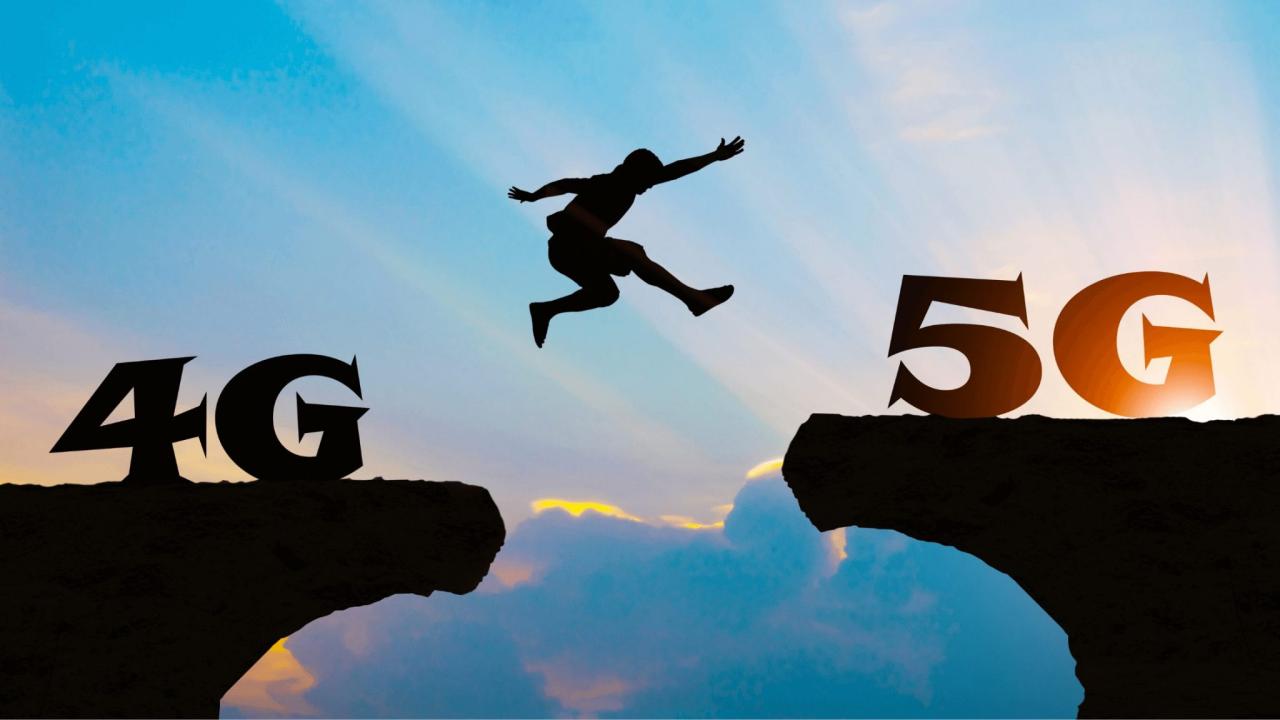

The Impact of 5G on Mobile Apps: Revolutionizing the Mobile Ecosystem
The rollout of 5G networks has marked a significant milestone in the evolution of mobile technology. With its lightning-fast speeds, low latency, and increased connectivity, 5G is poised to transform the way we use mobile apps. The fifth generation of wireless network technology is expected to have a profound impact on the mobile app ecosystem, opening up new opportunities for developers, businesses, and consumers alike.
Faster Data Transfer and Lower Latency
One of the most significant benefits of 5G is its ability to transfer data at unprecedented speeds. With download rates reaching up to 20 Gbps, 5G is approximately 20 times faster than its predecessor, 4G. This means that mobile apps will be able to handle large amounts of data in a fraction of the time, enabling seamless video streaming, online gaming, and cloud computing.
Moreover, 5G’s lower latency (around 1 ms) will significantly reduce the time it takes for data to travel between devices and servers. This will have a profound impact on apps that require real-time communication, such as video conferencing, online gaming, and virtual reality experiences.
New Opportunities for Mobile App Development
The advent of 5G will unlock new possibilities for mobile app development, enabling the creation of more complex, data-intensive, and latency-sensitive applications. Here are a few examples:
- Immersive Experience Apps: With 5G’s low latency and high-speed data transfer, apps that require seamless interaction between devices will thrive. Examples include augmented reality (AR) and virtual reality (VR) experiences, online gaming, and remote healthcare applications.
- Cloud-Based Services: 5G’s faster data transfer rates will enable the widespread adoption of cloud-based services, allowing users to access and process large amounts of data on the go.
- IoT Apps: The increased connectivity of 5G will facilitate the growth of the Internet of Things (IoT), enabling the development of more sophisticated IoT apps that can handle vast amounts of data from connected devices.
- Artificial Intelligence and Machine Learning: 5G’s high-speed data transfer and low latency will enable the widespread adoption of AI and ML algorithms, which rely on vast amounts of data to learn and improve.
Enhanced User Experience
The impact of 5G on mobile apps will also be felt in the enhanced user experience it provides. With faster data transfer rates and lower latency, mobile apps will be able to:
- Stream High-Quality Video Content: 5G’s high-speed data transfer rates will enable seamless video streaming, allowing users to access high-quality video content on the go.
- Support Advanced Graphics: 5G’s increased bandwidth will support the development of more complex, graphics-intensive games and apps, providing users with a more immersive experience.
- Enable Real-Time Communication: 5G’s low latency will enable real-time communication, facilitating seamless video conferencing, online gaming, and virtual reality experiences.
Challenges and Opportunities for Developers
While 5G presents numerous opportunities for mobile app development, it also poses several challenges for developers. Here are a few:
- Compatibility Issues: Developers will need to ensure that their apps are optimized for 5G networks, which may require significant updates to existing code.
- Data Management: With the increased amount of data being transferred over 5G networks, developers will need to adapt their data management strategies to ensure seamless app performance.
- Security Concerns: 5G’s increased connectivity and data transfer rates also raise security concerns, making it essential for developers to prioritize app security and data protection.
Conclusion
The impact of 5G on mobile apps is undeniable. With its faster data transfer rates, lower latency, and increased connectivity, 5G is poised to revolutionize the mobile ecosystem. Mobile app developers, businesses, and consumers alike will need to adapt to the new opportunities and challenges presented by 5G.
As we embark on this new era of mobile technology, it is essential to prioritize app security, data management, and user experience. By doing so, we can unlock the full potential of 5G and create a more connected, immersive, and interactive mobile ecosystem.
What’s Next?
As 5G continues to roll out globally, we can expect to see significant advancements in mobile app development, including:
- Widespread Adoption of AR and VR: 5G’s low latency and high-speed data transfer rates will facilitate the widespread adoption of AR and VR technologies.
- Increased Focus on App Security: With the increased amount of data being transferred over 5G networks, app security will become a top priority for developers and consumers alike.
- Growth of IoT and AI-Driven Apps: 5G’s increased connectivity and data transfer rates will enable the growth of IoT and AI-driven apps, which will transform industries and revolutionize the way we live and work.
The future of mobile app development is bright, and 5G is at the forefront of this revolution. As we navigate this new landscape, one thing is certain – the impact of 5G on mobile apps will be transformative, and we can’t wait to see what the future holds.




